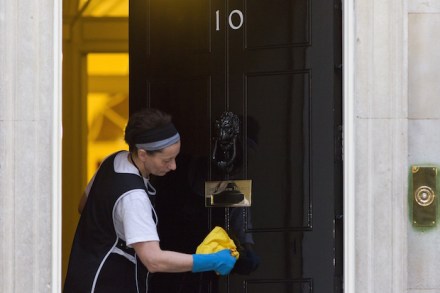The Spectator at war: Match point
From ‘Possibilities of Taxation’, The Spectator, 17 July 1915: Since the day when Bob Lowe attempted to impose a tax on matches the cost of production has been immensely reduced and the consumption has increased enormously. Matches are now so cheap that even a tax which doubled their price would not hurt the consumer. Good matches can he bought for threepence for a dozen small boxes, each containing about fifty; which works out to about two hundred matches for a penny. The result of this cheapness is that people constantly strike two or three matches when with moderate care one would suffice. A tax of at least one penny a



















